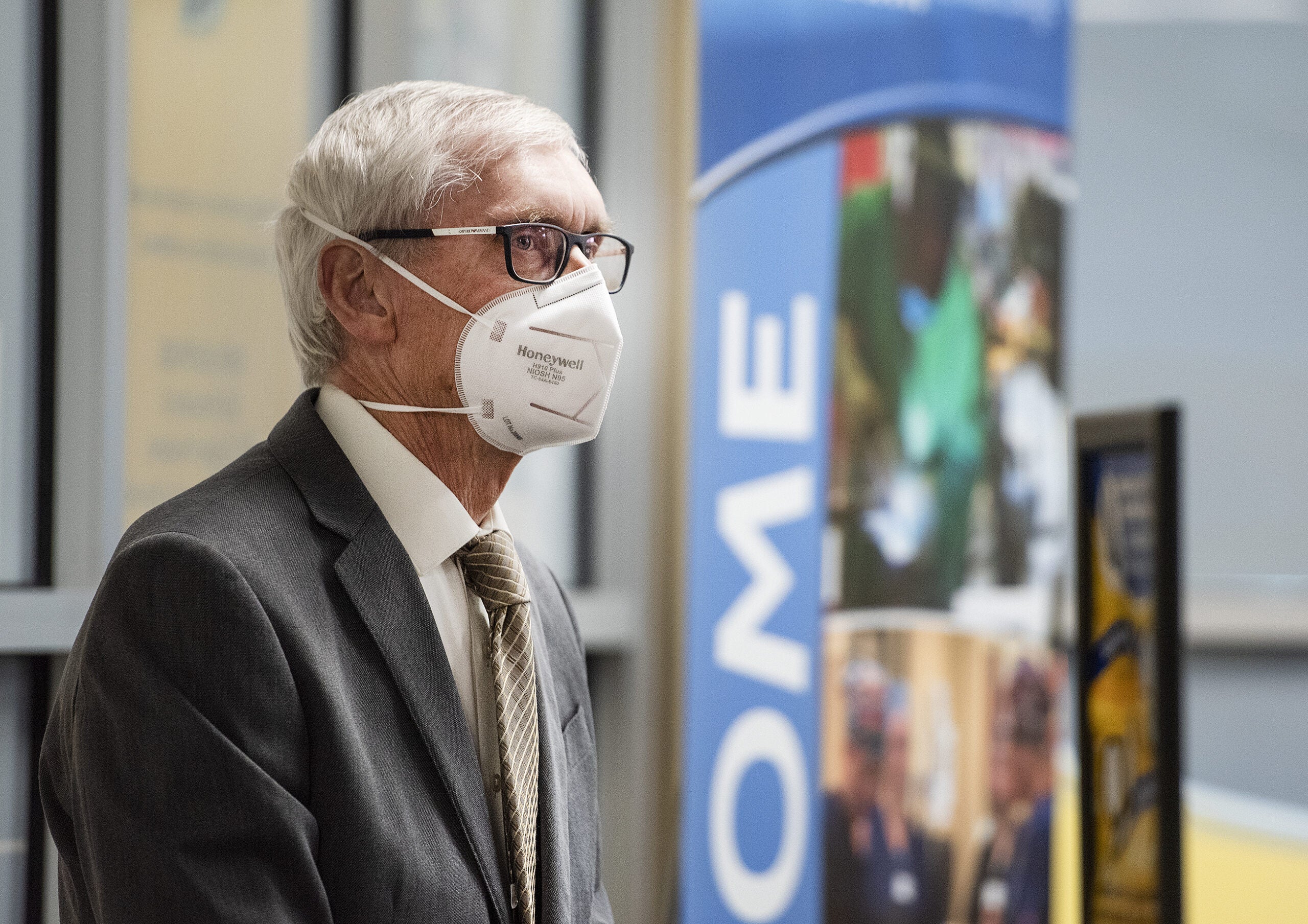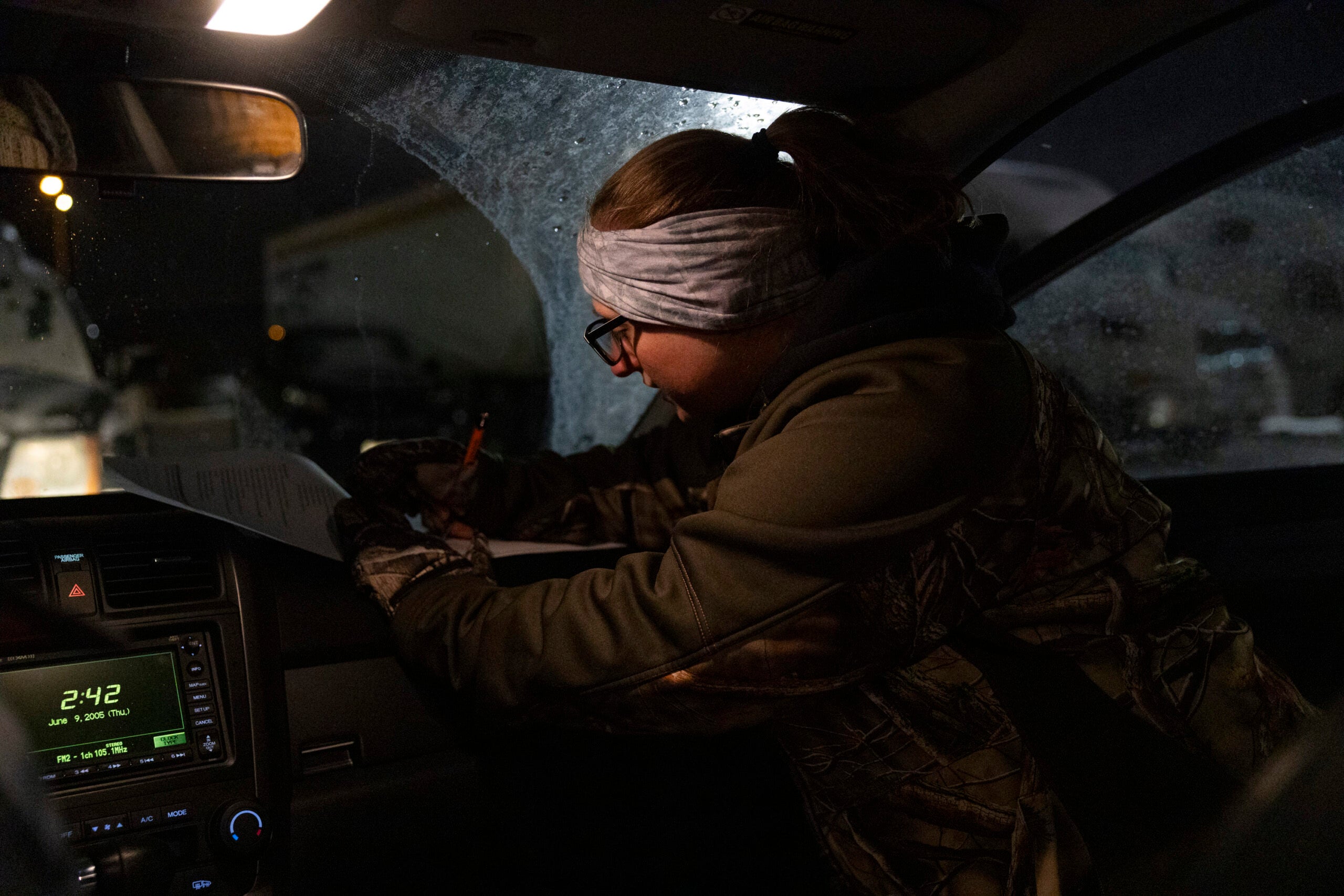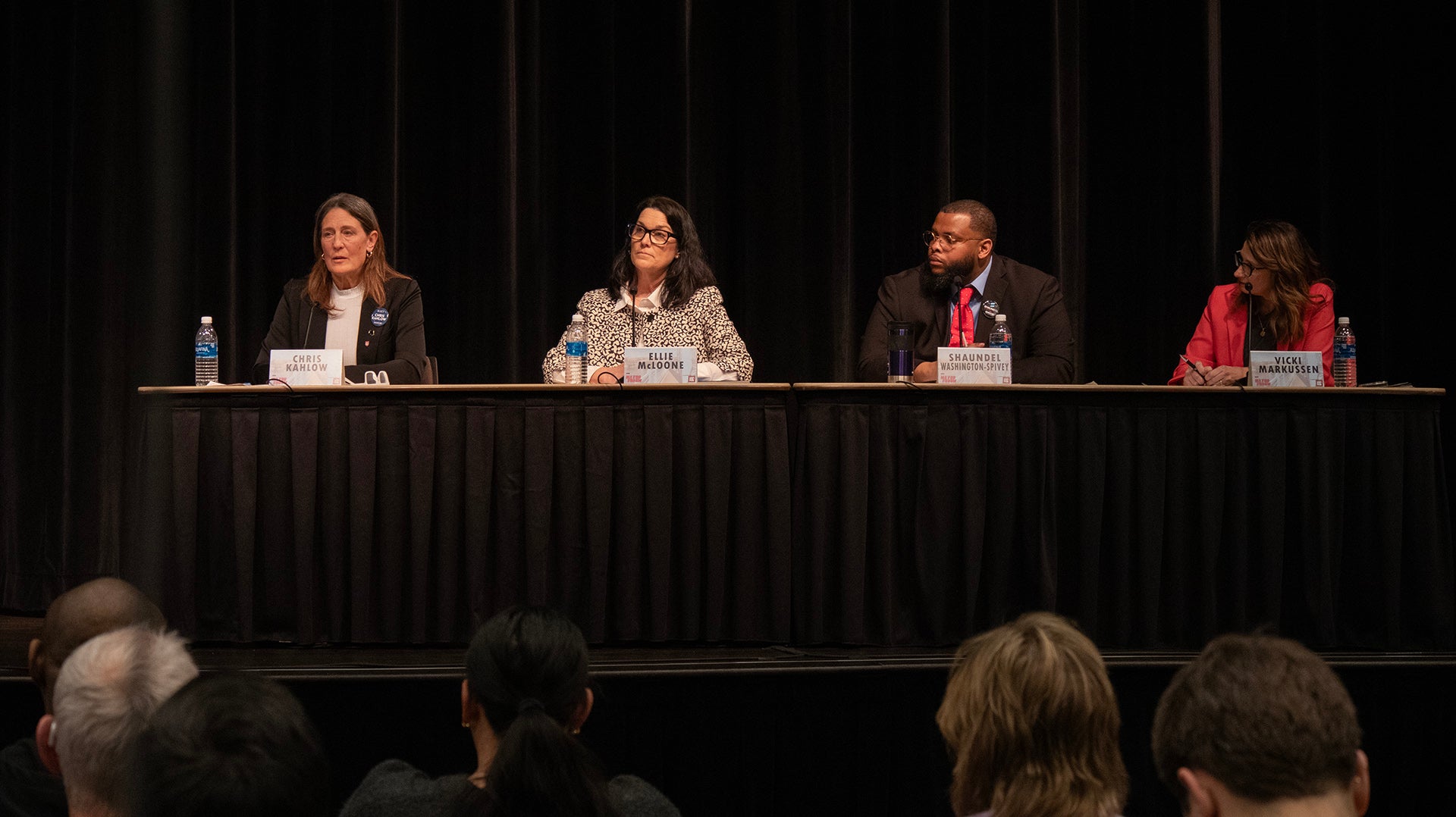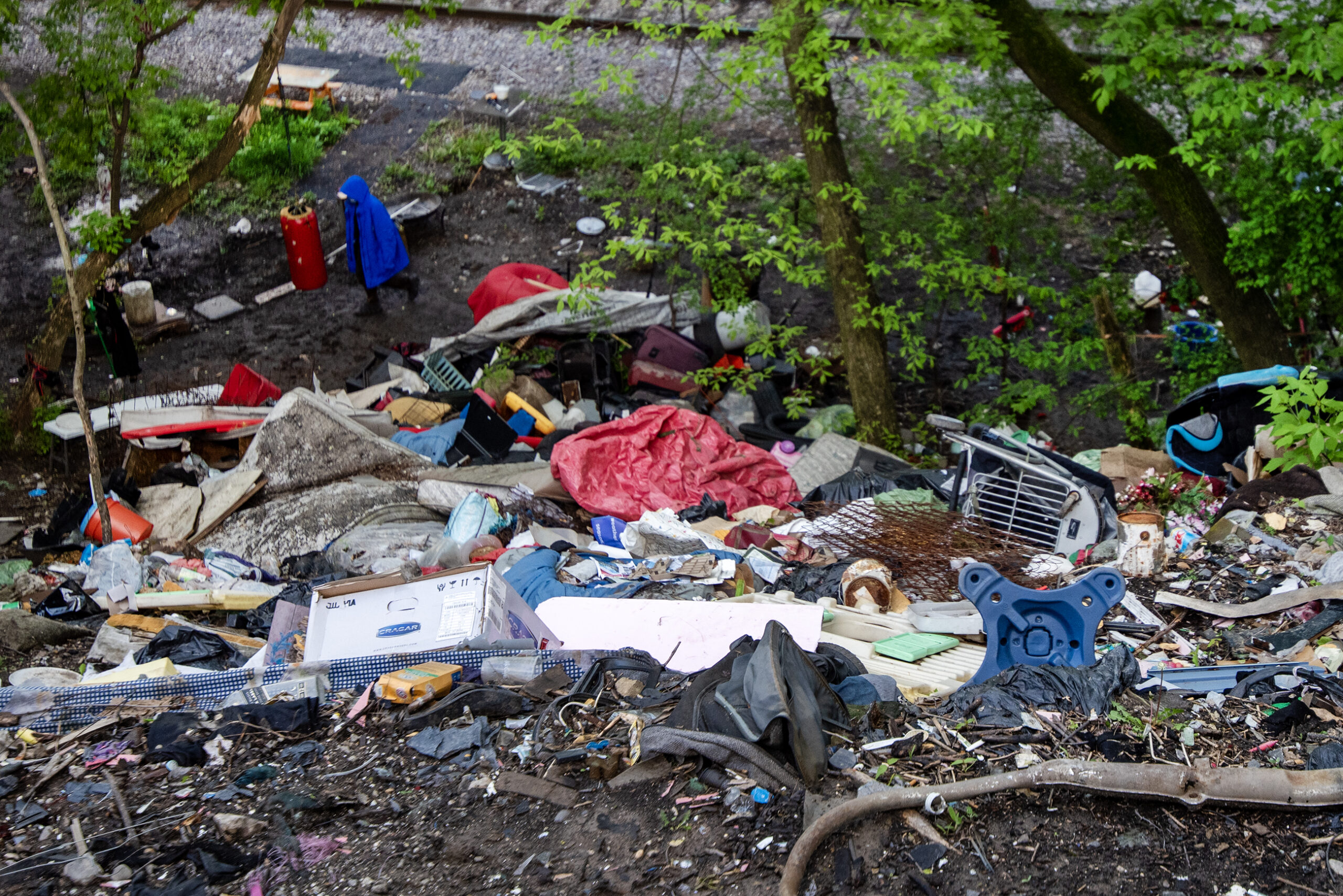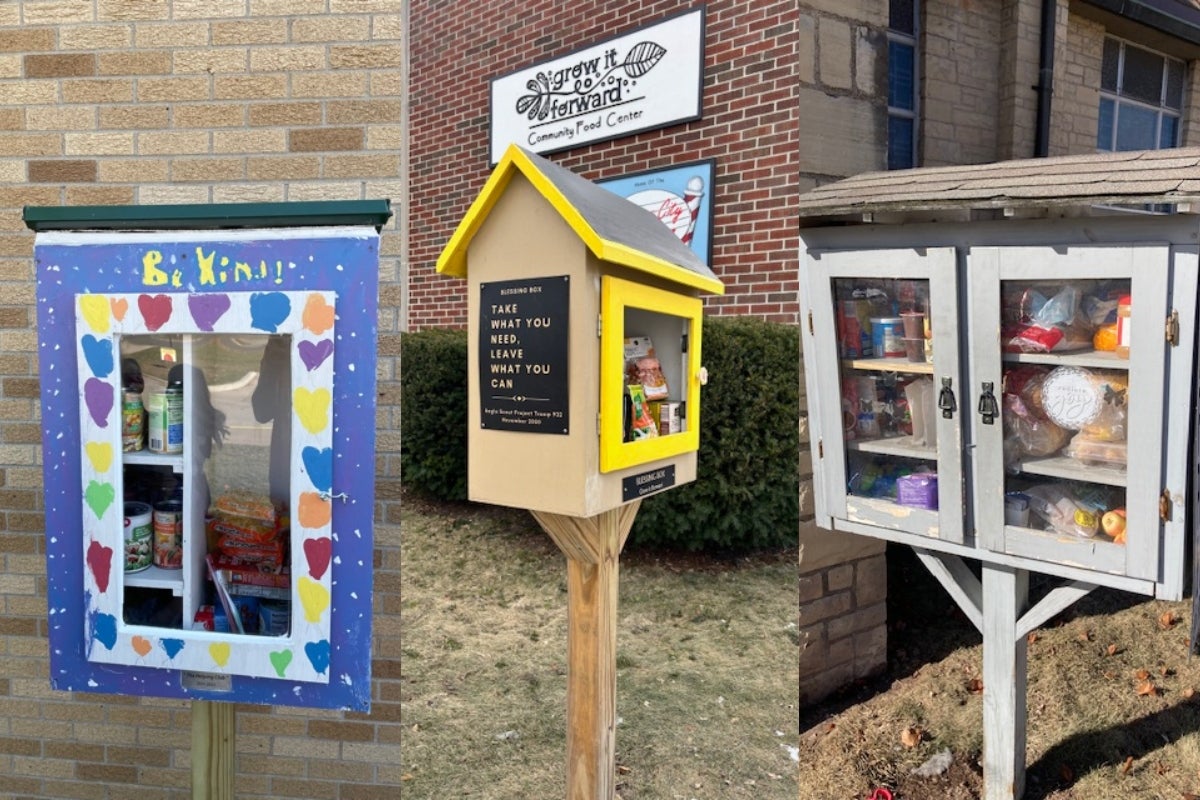Gov. Tony Evers said Wisconsin’s economic outlook continues to improve from the impacts of the COVID-19 pandemic. But he said recovery efforts should now turn to the most vulnerable residents, many of whom are still struggling.
The administration announced the recipients of the Equitable Recovery grant program this week, awarding more than $82 million to nonprofits across the state working to eliminate disparities affecting health and economic outcomes and promote equity and inclusion.
On Thursday, Evers visited La Crosse to award $1 million to YWCA La Crosse to fund their REACH Service and Resource Center, which was created during the pandemic to help people at risk of, or who are currently experiencing homelessness. The governor also awarded $545,000 to poverty action agency Couleecap, Inc. to create a tenant resource office to help prevent evictions. Evers later visited Racine to award the Women’s Resource Center of Racine $210,056.
News with a little more humanity
WPR’s “Wisconsin Today” newsletter keeps you connected to the state you love without feeling overwhelmed. No paywall. No agenda. No corporate filter.
During a press conference in La Crosse, Evers said getting needed resources to organizations like these is one of his top priorities for the state’s continued recovery from the pandemic.
“There’s lots of recovery going on. Our economy is still strong, but what the pandemic has done is it’s forced us to not forget about the people that continue to struggle,” Evers said.
He said problems with inequity that existed in the state prior to the pandemic were only made worse over the last two years. And he hopes to use federal recovery funding to help residents who have previously been underserved.
La Crosse leaders said grants will continue more coordinated approach to services
La Crosse leaders celebrated the funding for continuing the REACH Center and furthering the city’s efforts to assist the growing number of people experiencing homelessness in the city.
Mayor Mitch Reynolds said the program has represented a more collaborative approach to addressing the most significant needs in the community.
“(The center is) helping those who are most vulnerable in our community and addressing the issues of inequity and disparity that we see constantly in our community and elsewhere, which is great as an approach. But you can’t do that without funding,” Reynolds said.
In November, the La Crosse City Council used $700,000 from the federal American Rescue Plan funds to pay for a temporary winter shelter through March.
Lauren Journot, executive director of YWCA La Crosse, said the REACH Center was designed to bring the variety of services provided by nonprofit groups, including the Salvation Army and Catholic Charities, under one roof. Center staff can connect people to shelter, rental assistance, physical and mental health care, state subsidy programs and food or hygiene items.
“Often homelessness comes with needs that are specific and unique to each individual. We often don’t know what we can do until we’re presented with a problem, and we are in a unique position to figure it out for folks who’ve fallen through the cracks historically,” Journot said at the press conference. “No longer do we struggle to find solutions because it takes too long to make phone contact between agency to agency or email contact back and forth.”
She said those unique needs have included helping a family repair their car, funding a hotel room for someone waiting to enter addiction treatment and providing transportation for someone with a child in an out-of-state hospital.
Since their opening in October, the center has served 107 families and 178 individuals. The funding from the Equitable Recovery grant will fund the center through June 2023.
Couleecap’s new tenant resource center will be located at the REACH Center and provide education and legal help to tenants in an effort to prevent evictions. The poverty action agency is partnering with Legal Action of Wisconsin.
Hetti Brown, Couleecap’s executive director, said thousands of households across the state have been stabilized by the Wisconsin Emergency Rental Assistance program, another Evers administration program created with federal recovery funding.
“But we still, every day, encounter people who struggle with complicated housing laws and court systems that are really difficult to navigate. Just knowing how to have a conversation with your landlord is very difficult if you don’t know what your rights are,” Brown said. “Landlords struggle too. They’re trying to help their tenants, and sometimes they don’t even know where to refer their tenants for help.”
Brown said staff will help tenants navigate court hearings or mediation meetings and get access to the tools they need to remain in their homes.
Wisconsin Public Radio, © Copyright 2025, Board of Regents of the University of Wisconsin System and Wisconsin Educational Communications Board.

